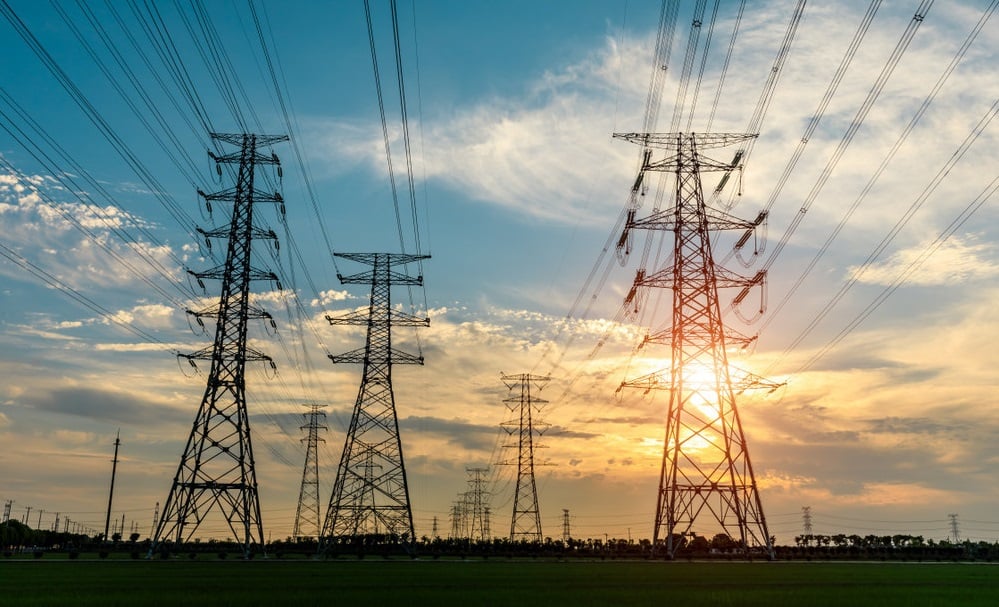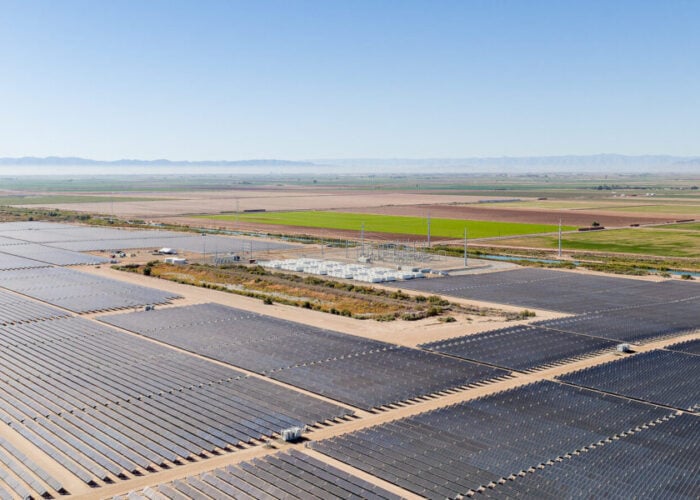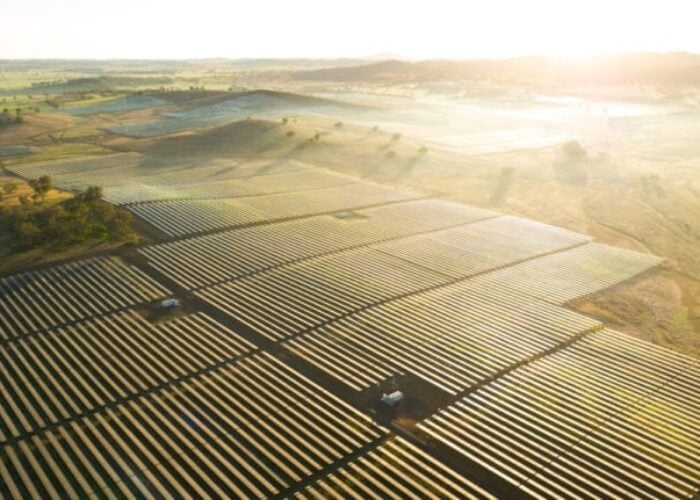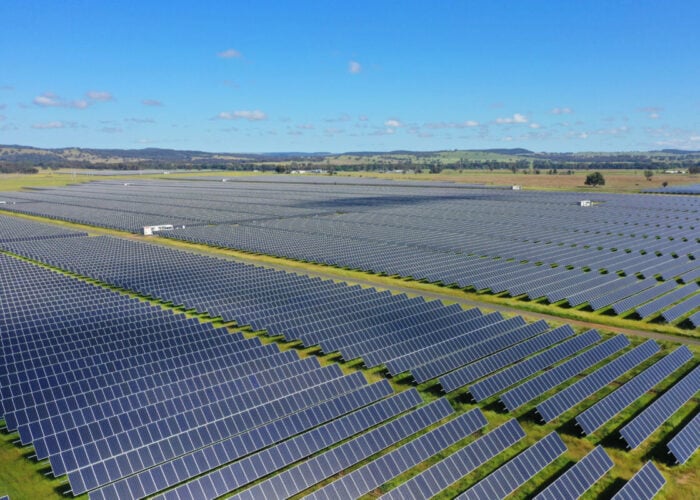
Parts of a new US energy permitting bill that aim to accelerate the construction of transmission infrastructure have been welcomed by trade association the American Council on Renewable Energy (ACORE).
Released yesterday by Senator Joe Manchin, the legislation would give the federal government increased permitting authority for transmission lines found to be in the national interest.
Unlock unlimited access for 12 whole months of distinctive global analysis
Photovoltaics International is now included.
- Regular insight and analysis of the industry’s biggest developments
- In-depth interviews with the industry’s leading figures
- Unlimited digital access to the PV Tech Power journal catalogue
- Unlimited digital access to the Photovoltaics International journal catalogue
- Access to more than 1,000 technical papers
- Discounts on Solar Media’s portfolio of events, in-person and virtual
According to ACORE CEO Gregory Wetstone, the bill includes provisions that would help streamline the transmission approval process, improving the US’s ability to meet its decarbonisation goals by better connecting renewable projects to population centres.
“We know we need to expand and upgrade the nation’s electrical grid to fully realise the renewable energy growth expected under the Inflation Reduction Act,” Wetstone said. “Yet, it remains very difficult to get new transmission lines sited, permitted and built in this country, with successful efforts rare and typically taking more than a decade.”
There was a record 676GW of solar capacity in US transmission interconnection queues at the end of 2021, according to research from Lawrence Berkeley National Laboratory (LBNL), with wait times continuing to increase.
In the regions with available data, LBNL found the typical duration from connection request to commercial operation for generation plants increased from around 2.1 years for projects built in 2000-2010 to roughly 3.7 years for those constructed in 2011-2021.
On the need for permitting reform, Joe Manchin said yesterday: “No matter what you want to build, whether it’s transmission pipelines or hydropower dams, more often than not, it takes too long and drives up costs.”
The bill, dubbed the Energy Independence and Security Act of 2022, would require President Joe Biden to designate 25 energy projects of national importance for federal review. It would also require federal agencies to issue all permits necessary for the construction of the Mountain Valley Pipeline, a natural gas pipeline.
Joe Manchin struck a deal to vote on the Inflation Reduction Act (IRA) in late July having previously refused to support climate measures included in Biden’s Build Back Better plan.
As part of the IRA, Manchin secured a commitment from Biden to pass the permitting reform package before the end of the fiscal year on 30 September 2022, according to a press release from the Senate energy committee, which Manchin chairs.







